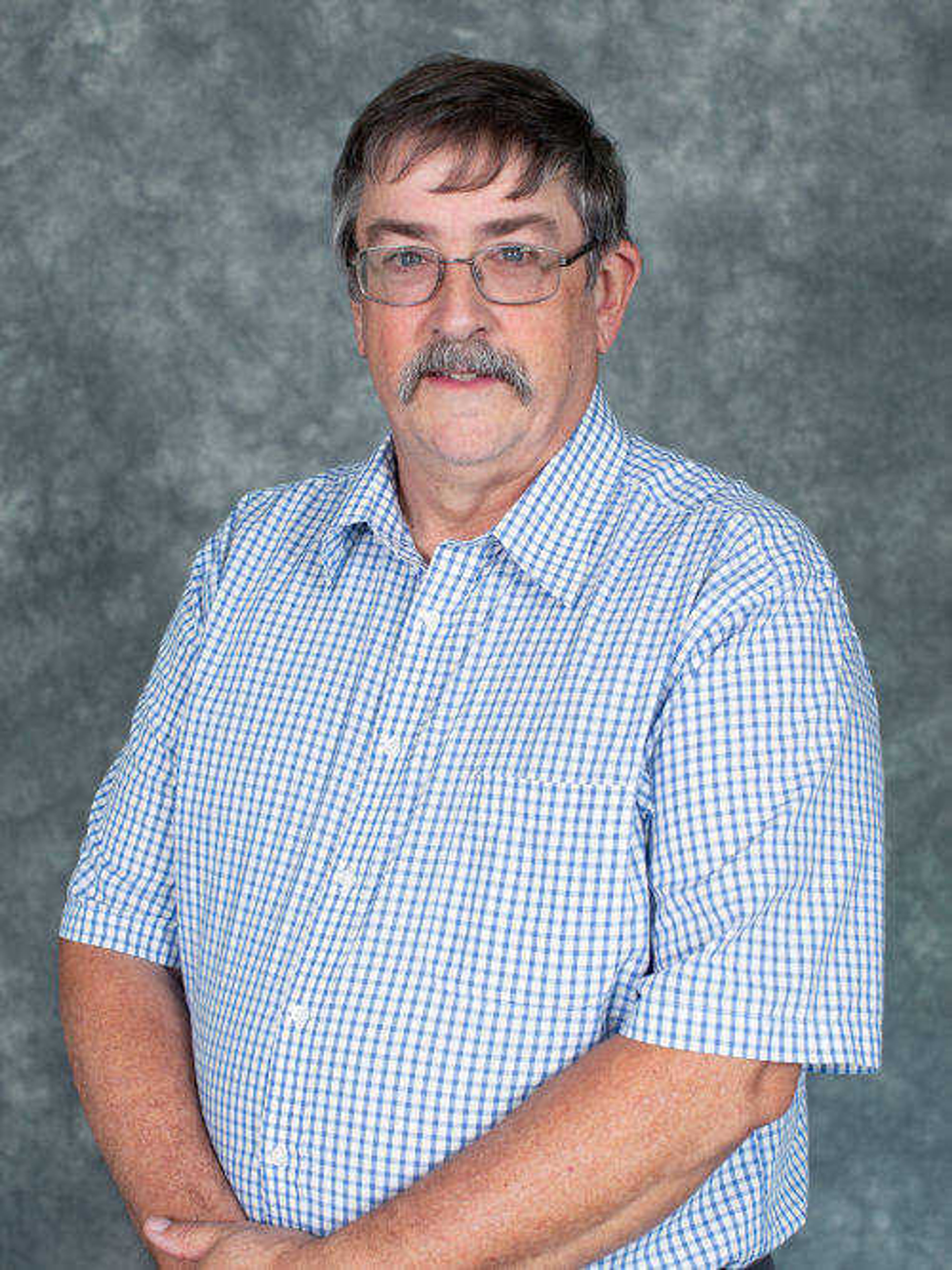A Southeast Missouri family's connection to Wild Bill Hickok
Martin Rodney and his sons were instrumental in the early settlement of Cape Girardeau and Mississippi counties in Missouri, and Lawrence County, Arkansas. The family remained prominent locally for nearly 200 years after arriving from Bourbon County, Kentucky in 1798. ...
Martin Rodney and his sons were instrumental in the early settlement of Cape Girardeau and Mississippi counties in Missouri, and Lawrence County, Arkansas. The family remained prominent locally for nearly 200 years after arriving from Bourbon County, Kentucky in 1798. Sons Michael and Thomas S. were leading citizens in Cape Girardeau County, and Thomas S. married Maria Louisa Lorimier, daughter of Louis Lorimier. Son John surveyed and platted Charleston, Missouri, and was a Mississippi County pioneer. However, a story not told in this area involves a grandson, William Rodney Massie, a son of Peter Massie and Martin's daughter, Charlotte Rodney Massie.
Peter Massie came to Cape Girardeau County in time to serve in the War of 1812 and married Charlotte Rodney on March 3, 1814. In about 1816, the family relocated to an area along the Missouri River in present-day Gasconade County. There, in about 1830, one of their sons was born, William Rodney Massie. Young William and his brother, John, grew up on the river, and both became river boat pilots. William Massie became one of the best. In his prime, he captained and piloted steamboats from New Orleans to the upper Missouri River and tributaries, and was familiar with the Ohio, Arkansas and upper Mississippi.
Captain Massie made and lost several fortunes, and the quest for gold led him to his most interesting adventure. During the 1876 Black Hills Gold Rush, he left the boat he was piloting in Fort Benton, Montana, and headed to the gold fields. Massie failed to find gold, but he was able to enjoy one of his other favorite ventures -- playing poker. He joined a game in Deadwood, South Dakota, on Aug. 2, playing with an acquaintance, none other than William Butler "Wild Bill" Hickok.
During one hand, a man named Jack McCall entered the saloon unnoticed by the players. According to a witness deposition, "(McCall) walked toward the back door of the saloon. When within 3 or 4 feet of the door he turned and came up behind Wild Bill. He put the pistol within 2 or 3 feet of Wild Bill's head and fired... The ball entered the back part of Wild Bill's head and came out of the right cheek entering the left wrist of Captain Massey."
Massie only got a second-hand bullet from the card game. Apparently physicians considered removing the ball too risky for the captain's mobility, so Massie carried the ball for the rest of his life. William Rodney Massie continued piloting steamboats long past the heyday of steam. He was planning the next season on the river in late 1909, when he caught cold, resulting in his death Jan. 29, 1910. Burial was initially in Christ Church Episcopal in St. Louis, but in 1942 his family removed his remains to Bellefontaine Cemetery.
So, if you ever want to visit the grave of a son of Southeast Missouri pioneers and the ball that killed Wild Bill Hickok, you can do both at the Massie plot in Bellefontaine Cemetery.
Connect with the Southeast Missourian Newsroom:
For corrections to this story or other insights for the editor, click here. To submit a letter to the editor, click here. To learn about the Southeast Missourian’s AI Policy, click here.











